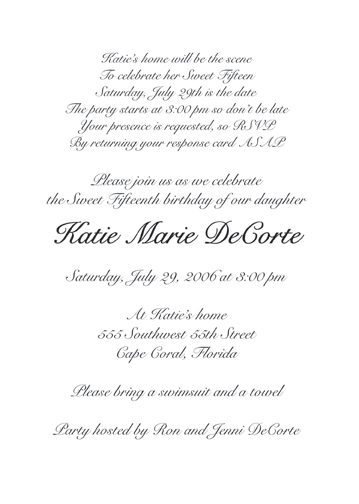
Nouns ending in -í, -ú, -tonics, add -es.Įl colibrí > los colibríes el bambú > los bambúes el rubí > los rubíes. When a noun ends in -z, the plural is formed by changing -z to -ces.Įl lápiz > los lápices la raíz > las raíces. Nouns that end in a consonant usually form the plural by adding -es.Įxamples: cartel/carteles pared/paredes joven/jóvenesĮxceptions include nouns ending in -s or -x which have the same form in both singular and plural:Įxamples: virus/virus, tórax/tórax, crisis/crisis. The plural of nouns that end in a vowel (-a, -e, -i, -o, -u) is usually formed by adding an -s.Įxamples: silla/sillas padre/padres taxi/taxis mango/mangos Most nouns in Spanish are either singular (one) or plural (several). Nouns ending in -ante can be masculine or feminine: visitante, agente, dibujante.Nouns ending in -ente can be masculine or feminine: gerente, cliente, dirigente.Nouns ending in -ista can be masculine or feminine: turista, dentista, periodista.About 50% of nouns ending in 'e' are feminine:.Nouns ending in 'z' are feminine: paz, cruz, luz.Nouns ending in 'd' are feminine: amistad, ciudad, voluntad.Nouns ending in 'sión' are feminine: profesión, posesión,.Nouns ending in 'ción' are feminine: canción, nación, situación.Nouns ending in 'a' are feminine: niña, mesa, ventana.Perhaps 'SMARLONE' will help you to remember the above! About 50% of nouns ending in 'e' are masculine: puente, diente, peine.Nouns ending in 'n' are masculine: jabón, jardín, capitán, atún.Nouns ending in 'o' are masculine: libro, niño, sueño, diccionario.Nouns ending in 'l', are masculine: pastel, papel, redil, mantel.Nouns ending in 'r', are masculine: motor, par, cráter.

Nouns ending in 'ma' are masculine: puma, sistema, tema.Nouns ending in 's' are masculine: país, autobús, mes, compas.You can usually tell whether a noun is masculine or feminine by its ending. Unlike English, in Spanish even inanimate nouns are classified as masculine or feminine. Spanish nouns may be masculine or feminine.

Nouns are used to name all sorts of things: people, animals, objects, places, ideas, emotions, feelings, virtues, defects.Įxamples of nouns in English: cat, dog, house, river, Richard, Santiago, courage.


 0 kommentar(er)
0 kommentar(er)
